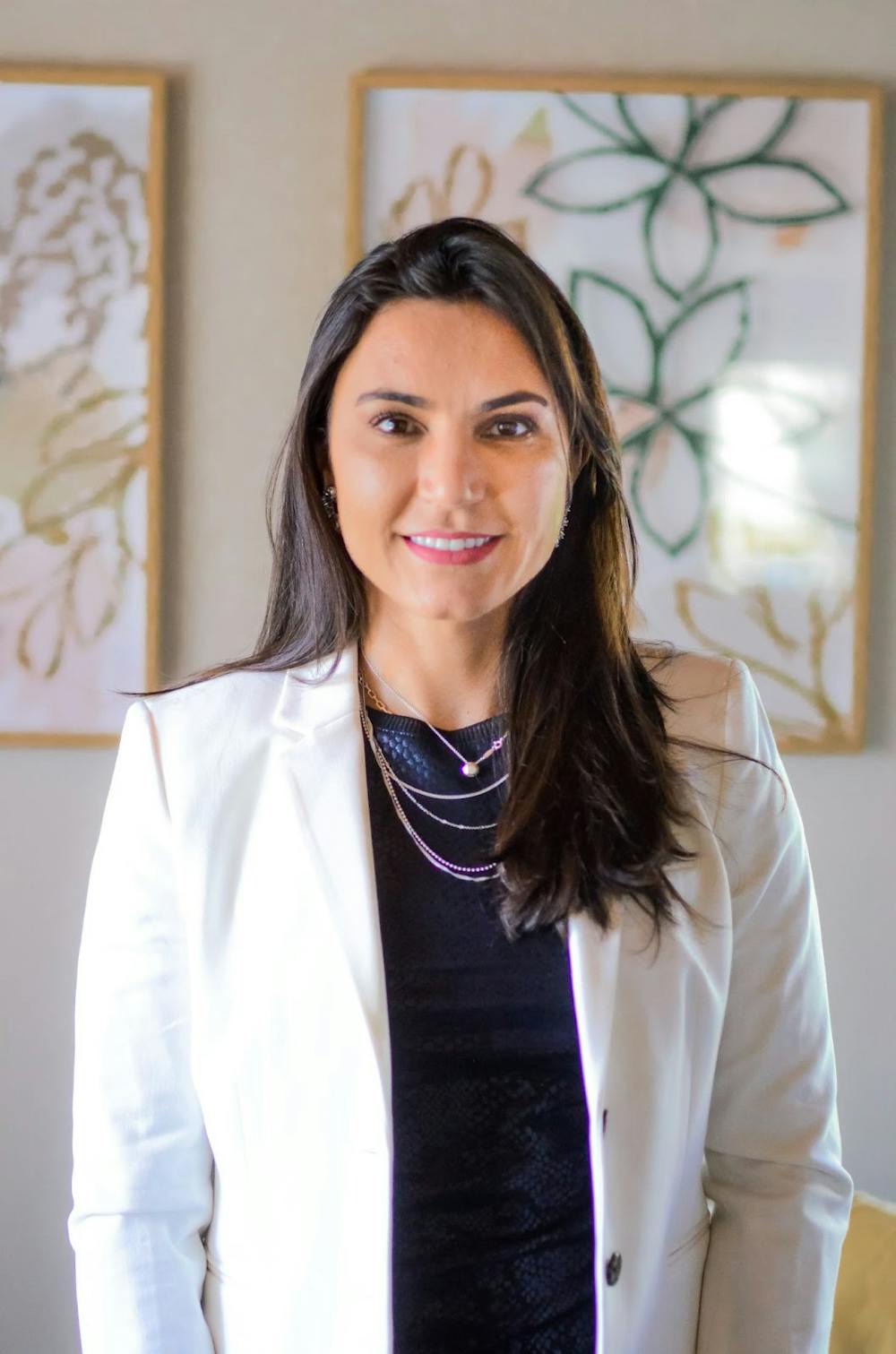By Myara Gomez
Staff Writer
A student organization at the College, “TCNJ Hosa: Future Health Professionals,” hosted a Zoom presentation with guest speaker Dr. Marina De Souza on March 23.
“HOSA-Future Health Professionals is a global student-led organization, whose mission is to promote career opportunities in the health industry and to enhance the delivery of quality health care to all people,” according to hosa.org.
Dr. Souza is a Registered Nurse who also has certifications as a Certified Nurse Educator and Certified Hospice and Palliative Nurse.
At the College, she is an associate professor in the department of Public Health. She began teaching at the College in 2017, but has been teaching for 17 years. Dr. Souza is also currently working as a hospice nurse at Penn Medicine apart from her time teaching.
“We have a lack of health care workers in this field unfortunately and it’s ambiguous because we have this population growing so fast but at the same time we don’t have many health care workers,” said Dr. Souza.
In Dr. Souza’s presentation, she spoke about Global Aging — which is “unprecedented changes [which] are occurring worldwide as fertility and mortality rates decline in most countries and as populations age,” according to the National Institute on Aging — and how society can improve the effects of it. She stated that there are misconceptions about how older adult populations tend to be found in more developed countries.
“The United States is not even amongst the top oldest countries in the world,” said Dr. Souza. “Other countries, especially in Europe, have a higher percentage of older adults. It’s been tough for them to have holistic care for their patients.”
She mentioned that the more that populations are educated, they are more likely to have a higher chance of improving their living conditions and other aspects of their lives, which could make these populations live longer.
“The main challenge or solution at the same time would be improving their quality of life. We can do this as people are still younger, when they are younger adults, adolescents, changing their lifestyle and really making sure that they eat healthy, exercise, and try to live in a good society with social support,” said Dr. Souza.
An example that Dr. Souza used was how Nigeria has brought up their average life expectancy from 38 years to 53 years of age. This is a very large improvement and it can continue to go up with more social support and by bettering other aspects of life.
“I think the upwards trend in the elderly population is to be expected considering the advancements that have been made in medicine and technology as well as successful public health campaigns in recent years,” freshman biology major Kirthana Krishnamurthy said.
Dr. Souza makes it a point that exercising, eating healthy and quitting bad habits will improve the quality of life in younger and older adults, and eventually lead to the increase of average life expectancy.
“I am really interested in the policy implications that global aging entails,” freshman public health major Lisbet Garcia said. “What changes can we make to create a more accessible environment for our older population? How are different nations evolving their social insurance systems? How can we, as a society, work towards providing support for the aging population? These questions and more make the global aging topic extremely interesting to me and I intend to follow the trends and future findings.”







